|
|
| |
| |
 |
INTRODUCTION
|
| |
 |
|
This is the 2nd newsletter of the project AgriGo4Cities that aims at exchanging experiences in the fields of urban and peri-urban agriculture and social inclusion. In January 2018, the project entered into the second year of its implementation. However, during the first year, many interesting and important things have happened. The newsletter consists of seven parts which include project’s outcomes, transnational meetings, dissemination activities, next steps of the project and the description of some best practices collected from partners.
|
|
| |
 |
PROJECT'S LATEST TEXTBOOK
|
| |
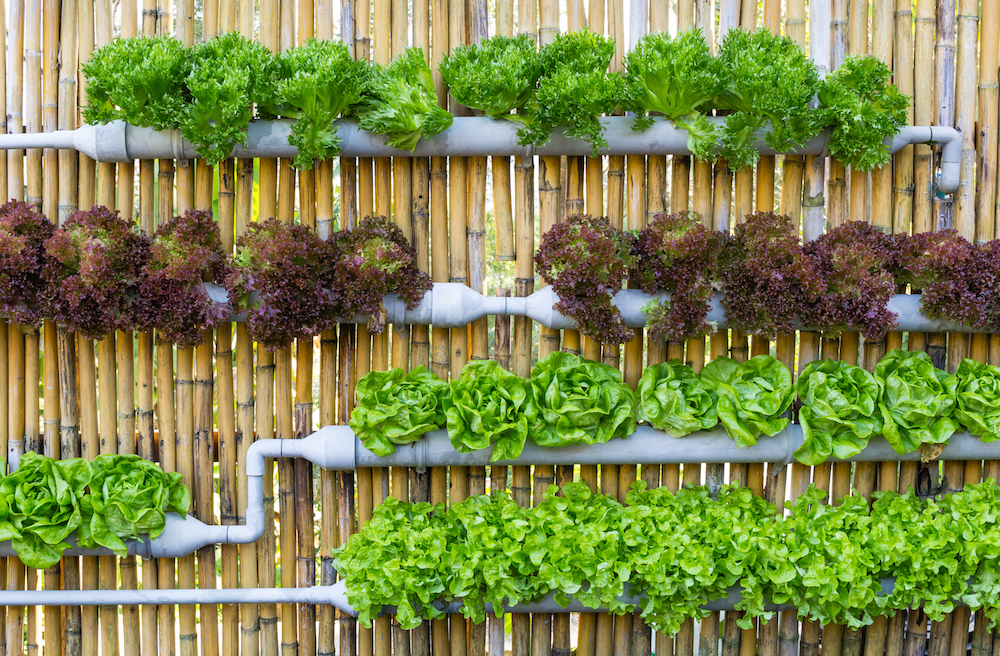 |
| |
|
The publication entitled »Approaching urban agriculture as a social innovation« addresses urban agriculture as a process of social innovation in order to integrate participatory mechanisms into decision-making processes, increase the social inclusion of the poor and disadvantaged segments of society, and stimulate the liveability of cities. It can be used by public institutions, researchers, NGOs, and individuals who work in the field of urban agriculture. In the textbook, the importance of urban agriculture is introduced and it offers practical examples of how to connect urban agriculture with participative planning and inclusion of vulnerable groups.
|
|
| |
 |
INVENTORY REPORT
|
| |
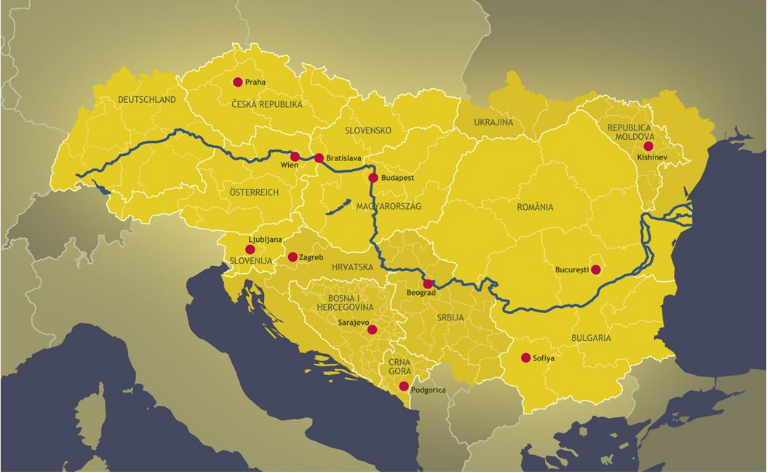 |
|
The purpose of »The Inventory Report on the state of the art of participatory urban agriculture in pilot areas of the Danube region« is to evaluate the state of art of relevant public institutions, vulnerable groups and urban and peri-urban agriculture in pilot areas of the Danube region.
The Inventory report includes the detailed analysis of urban agriculture and its relation to social inclusion. It also assesses the contribution of urban agriculture to sustainable urban development. Furthermore, it describes all partners' profiles taking into account aspects regarding urban agriculture, participatory planning, and social inclusion. Last but not least, the Inventory Report contains structural demographic, socio-economic and spatial indicators related to selected pilot areas.
|
|
| |
 |
THIRD MEETING IN MUNICH, GERMANY
|
| |
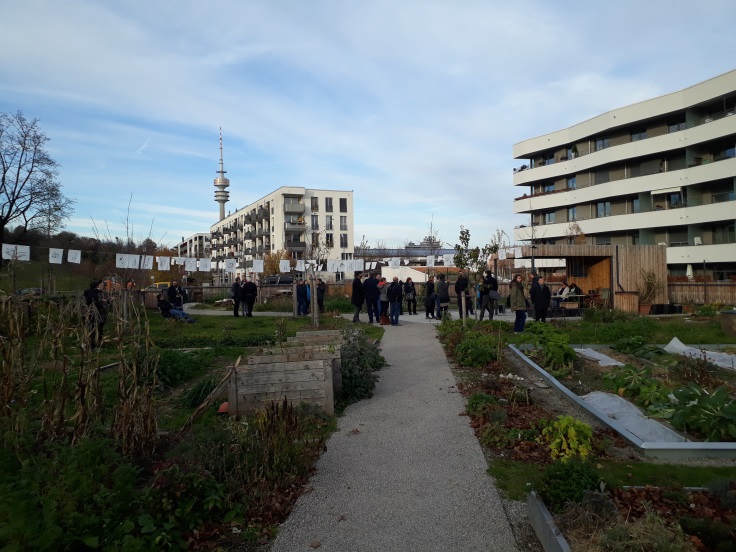 |
|
Stadtacker Urban Community Garden in Munich
|
|
The third partners meeting was organized in Munich, Germany between 21st and 24th November 2017.
During the first two days, the partners cooperated on a transnational training course. The aim of this course was to share knowledge between experts (trainers) and relevant stakeholders (trainees) in the field of participatory planning and inclusion of vulnerable groups. Participants were also invited to exchange experiences about international good practices and characteristics of Urban Agriculture. One of the results of this transnational training session is a new publication titled »Preparing for action planning«.
The training session was followed by a Study Visit which allowed the partners to expand their insights on local practices by comparing and experiencing a new environment.
The last day, the Project Partners shared their own local, relevant news as well as their singular progress within the project and the progress of AgriGo4Cities as a whole. They exchanged opinions and gave suggestions on how to further improve the project's achievements.
|
|
| |
 |
DISSEMINATION OF AGRIGO4CITIES
|
| |
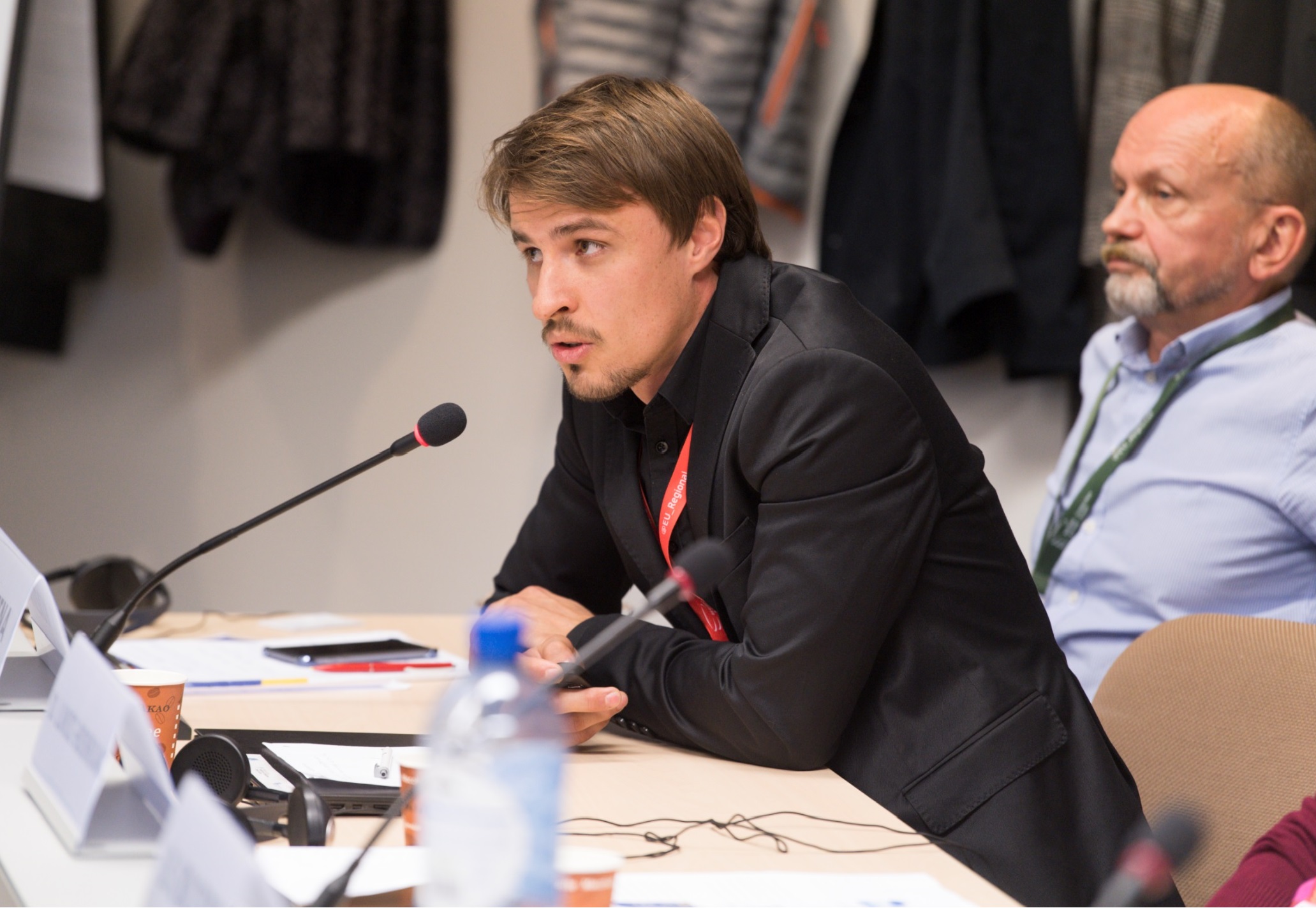 |
|
The project AgriGo4Cities has been brought to the attention of many other people over the past six months particularly because of its introduction at several important events.
Firstly, the project‘s leader Dr. Jani Kozina disseminated AgriGo4Cities at the conference during the European Week of Regions and Cities held in Brussels. Also in October representatives of this project took part not only at 7th Meeting of the EUSDR PA 10 Danube Local Actors Platform in Budapest but also at the 4th Danube Participation Day where Dr. Jani Kozina presented the project as a good example of participative governance.
Moreover, AgriGo4Cities was promoted at the event called ATTRACTIVE DANUBE: „Improving Capacities for Enhancing Territorial Attractiveness of the Danube Region" which took place in Prague and at The 6th Annual Forum of the EU Strategy for the Danube Region.
|
|
| |
 |
PLANNING FOURTH MEETING IN PRAGUE, CZECH REPUBLIC
|
| |
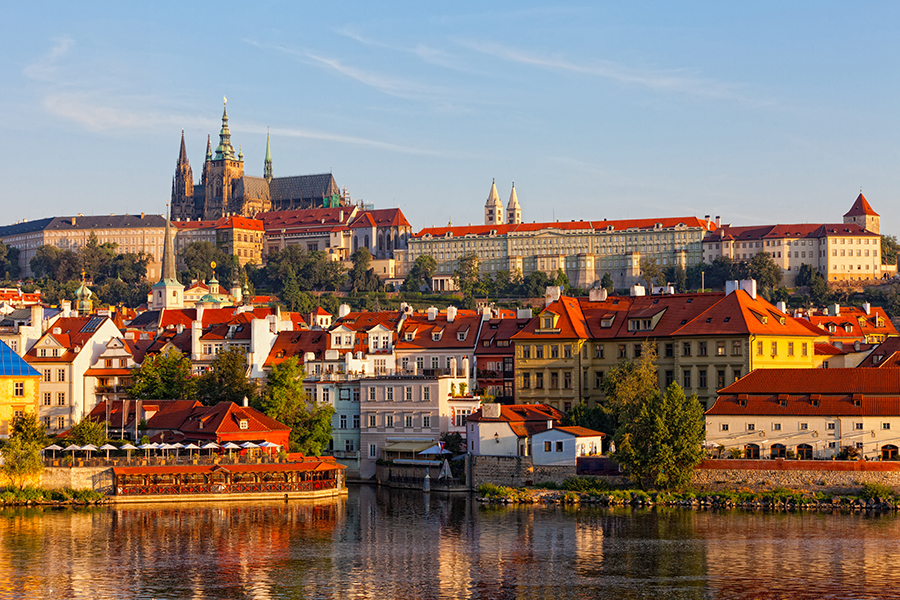 |
|
Next project meeting will be held in Prague between 29th and 31st May 2018.
On 30th of May, the project partners will meet together and the programme on the next day will be dedicated to studying visits on the territory of Prague. The on-site visits will be especially attractive due to the spring season.
At this meeting, the final good practices catalogue will be presented. The three-day event will be hosted by one of our Czech partners Municipal District of Prague 9.
|
|
| |
 |
ESTABLISHMENT OF LOCAL PARTNERSHIPS
|
| |
 |
|
Within the AgriGo4Cities activities, every pilot area has to establish the local partnership in order to implement effective participatory UPA. The partnerships will consist of the main target groups to whom the project is addressed. In the first instance, every territorial project partners have to identify the key stakeholders in its pilot area and establish the partnership. The partnerships will be open to welcome new members (individuals and organizations) throughout the duration of the project with the aim to assure commitment to achieve project results.
All territorial project partners have already filled the Local partnership identification report according to the template prepared by one of the strategic partners, EuDA, and also entered into the local partnership agreement. These actions will be followed by designing the local plans of follow-up activities.
|
|
| |
 |
BEST PRACTICES
|
| |
 |
| |
|
One important part of the project activities is searching for good practices within and outside the Danube region in order to generate a good practices catalogue of participatory UPA. It will present the collection of successful ideas, initiatives, and projects in participatory UPA and highlight the importance and role of public institutions in raising socio-economic inclusion of vulnerable/marginalized groups through the method of participatory UPA. Below are three particular examples of best practices that we will continue to introduce during the project implementation.
Zornitsa situated in Blagoevgrad, Bulgaria is not just a daycare center for disabled children but it is also a therapeutic garden. The cooperation between the Municipality and the center is an example of a good collaboration between the decision–makers and the marginalized groups. The initiative is very well welcomed and for each big seasonal holiday, the children are welcoming guests from local schools, kinder gardens, and others.
Community and Urban garden Vidimova is situated in Prague which hires people who suffer from mental illnesses. In this sample of good practice was used a sustainable urban development through community gardening including the creation of job positions.
In Hilton Harvest Community Garden which is located in the heart of Hilton, Western Australia, the gardeners who use only environmentally friendly methods set up visions and revise them. During this, they gain knowledge how to work in a community. Moreover, the managers of the garden work together with the local disability service. The main aim of the garden is to give the local response to the climate change. Also, workshops about environmentally friendly gardening are organized there.
|
|
| |
 |
AGRIGO4CITIES GOES PUBLIC
|
| |
|
|
|
|
| |
|
If you have received this newsletter, you have been included on one or more of the Danube Transnational Programme/projects postal mailing lists. We are committed to respect and protect the privacy of personal data collected. We regard your personal data as confidential information and will never communicate it to third parties. Your personal data are used mainly for the express purpose of receiving the newsletter. Your mailing details may also be used by the DTP and its projects for information and dissemination purposes strictly related to the programme and its projects. If you prefer not to receive more of this newsletter and your data not to be used for dissemination purposes, you can unsubscribe by sending a reply email.
|
|
|
|
|
|
